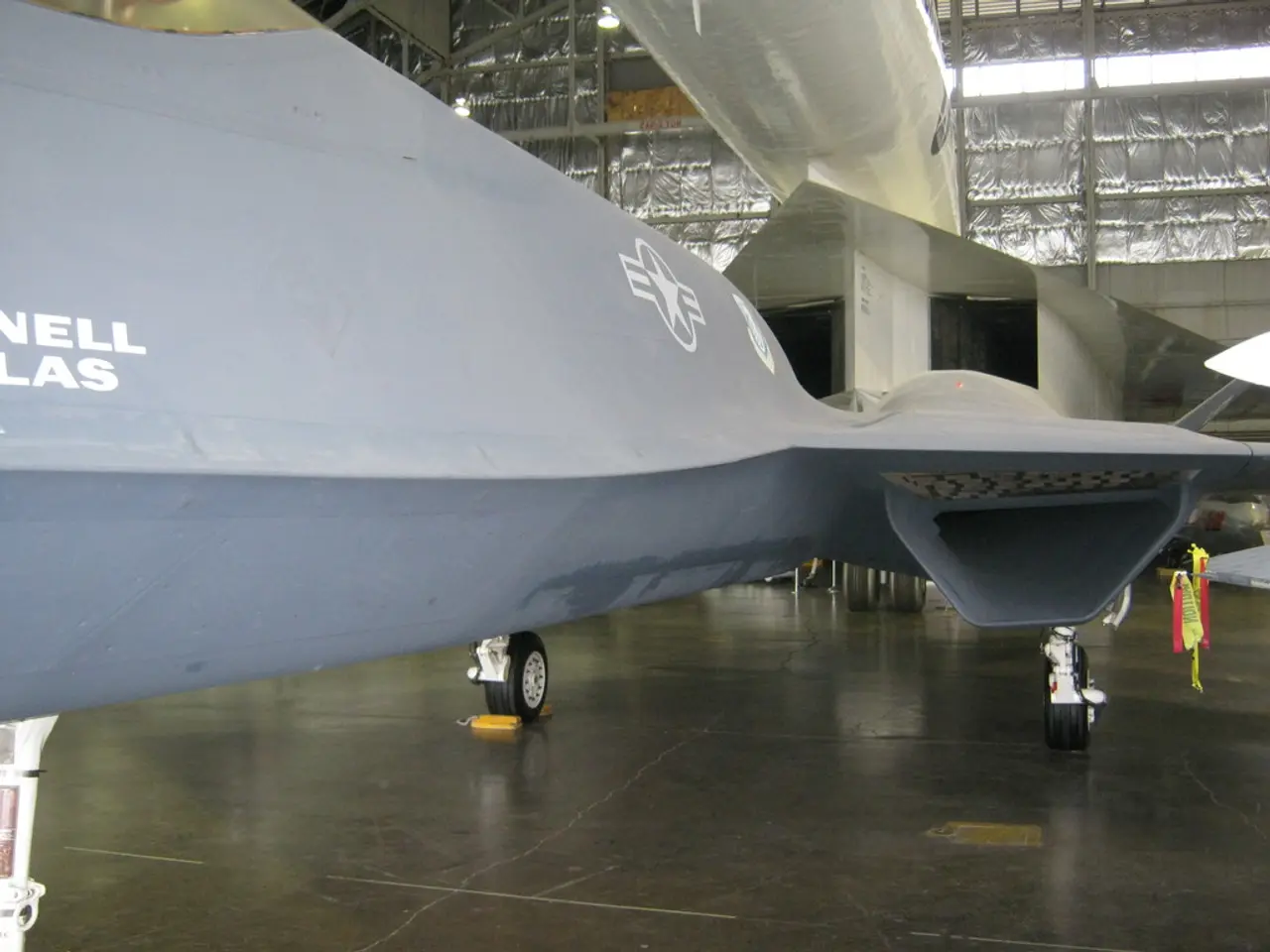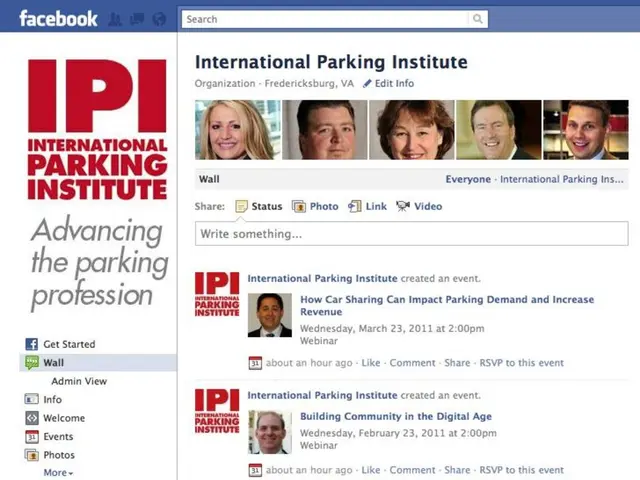U.S. takes action to limit Mexican airlines due to concerns over cargo and competition issues
The U.S.-Mexico air transport agreement has been at the heart of a growing dispute, with the U.S. Department of Transportation (DOT) taking decisive steps against Mexico due to alleged violations of the 2015 bilateral aviation agreement.
Under Transportation Secretary Sean P. Duffy, the U.S. government has implemented measures such as requiring Mexican airlines to submit their flight schedules for prior approval before operating in the U.S., threatening to disapprove new flight requests or charters, and signaling a possible withdrawal of antitrust immunity for the Delta–Aeroméxico joint venture. These actions are in response to Mexico’s 2023 decision to forcibly relocate all cargo operations from Mexico City International Airport (MEX) to Felipe Ángeles International Airport (AIFA) and to rescind U.S. flight slots at MEX, moves that the U.S. argues were taken without proper consultation and have disrupted market conditions, causing American businesses significant costs.
Mexican officials, including President Claudia Sheinbaum, have defended the relocation as necessary for reducing congestion and modernizing infrastructure, denying the U.S. allegations and calling the U.S. response politically motivated. As of late July 2025, no flights have been suspended, and Mexico states no formal trade complaint has been received, though the U.S. is maintaining procedural restrictions and monitoring the situation closely.
The potential impact on Mexican carriers includes tighter regulatory scrutiny on their operations into the U.S., possible denial of new service approvals, and increased uncertainty stemming from the review of Aeroméxico’s alliance with Delta, which could affect their competitive positioning and joint ventures in the U.S. market.
The U.S. Forwarders, an association representing major carriers like ABX Air, Atlas Air, FedEx, and UPS, have urged the DOT to consider freight when awarding Cuba licences, emphasizing the importance of the U.S. actions against anti-competitive behavior. The Cargo Airline Association, another influential body, has also highlighted the need for fair competition, expressing concerns that the current developments could set a dangerous precedent and erode the principles of the U.S. Open Skies framework.
The DOT has initiated a three-pronged approach to pressure Mexico into policy changes, including requiring Mexican airlines to file detailed schedules of their U.S. operations. The specific context of the U.S. Forwarders' request and the content of the "TRIPLE PLAYERS" section are not specified in the available information.
The conflict between the U.S. and Mexico arose due to Mexico's decision to relocate all-cargo carriers to Felipe Angeles International Airport in 2023. The U.S. government is maintaining a firm stance, with the potential for further escalation of sanctions if Mexico does not revert to compliance or if further disputes arise at AIFA.
[1] Source 1 [2] Source 2 [3] Source 3 [4] Source 4 [5] Source 5
- The altercation between the U.S. and Mexico concerning air transport has been ongoing, with trade finance and general-news outlets reporting on the U.S. Department of Transportation's measures against Mexico due to alleged violations of the 2015 bilateral aviation agreement.
- The relocation of cargo operations from Mexico City International Airport to Felipe Ángeles International Airport in 2023 caused a significant disruption in global trade, leading to American businesses incurring substantial costs.
- The industry and business communities, including associations like the U.S. Forwarders and the Cargo Airline Association, have called for fair competition, expressing concerns over the potential impact on Mexican carriers and the future of the U.S. Open Skies framework.
- The U.S. government's approach to reform Mexico's policies has expanded beyond air transportation, with the U.S. Forwarders' request and the content of the 'TRIPLE PLAYERS' section indicating a broader interest in maintaining competitive business conditions across various industries.




